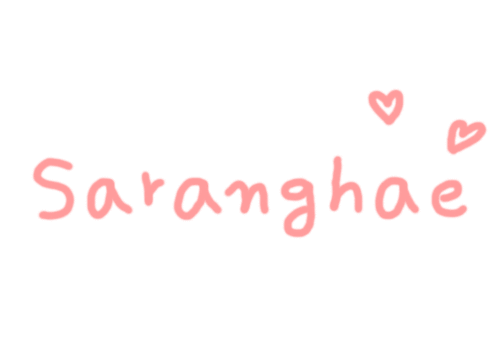Daesung - Big Bang’s Vocal Analysis
❤ KPOP VOCAL RANGE ❤
C3 ~ D6 (3 octaves and 1 note)
(Might be able to go lower)
E3 ~ F#4
E3 ~ F5 (including head voice)
Voice TypeLight-Lyric Tenor
Strengths/Achievements Consistent intonation, shown improvement in this area from debut Strongest vocalist in Big Bang No real nasality is present in his singing Generally able to support his range up to F#4/G4 At times able to properly place his voice and achieve a resonant sound, on F#4 and below Able to produce a fuller healthier head voice, rather than a falsetto Most extensive range in Big Bang, particularly in falsetto Able to support lower notes down to E3 Weaknesses Very underdeveloped lower range, one of the weakest amongst male K-pop vocalists Inconsistency in support and keeping resonance in his supported range on F#4’s and G4’s Notes above G4 are generally very throaty, lack support and sound very strained Head voice above F5 tends to lose connection, become a pinched tense falsetto Sometimes inconsistent with keeping his tongue not tense in his upper range Uneven mixing ability, can’t completely control how much chest or head he has in his mix Not shown huge improvement in many areas of his singing throughout the years Unable to correctly use effects, such as distortion or breathiness, without turning them on and off at will Jaw and larynx vibrato present in his singing Registers Lower register: his lower register is his weakest and most underdeveloped register. Notes around this register tend to be very quiet and breathy, particularly below E3, where his voice loses cord connection and projection. He’s unable to correctly control the pitch in this area but that’s because the notes that come out are barely audible and lack true tone. He’s only able to correctly support notes on E3’s and F3’s, or above. Mixed register: Not a bad mixed register, however he has the tendency to bring his sound back instead of keeping it forward and supported even on his normally supported range. Notes such as F4 seem to always been fine for him, but F#4’s and G4’s can at times have tongue tension and have his throat be closed. Any note above G4 lacks any sort of true mixing, where he will just shout and create a very rocky strained throaty sound up until C5. Upper register: His head voice, throughout the years, has improved the most. He’s been able to correctly connect his vocal cords to produce a clean and controlled head voice which is able to be relaxed and correctly run through melodies, as well as be accessed easily from his mixed register through very good switches. He is able to stay relaxed and supported up until F5. The times he goes above that, though, his voice becomes noticeably less present, more throaty and more squeaky in sound, becoming more of a falsetto. However so, still very extensive in range. AgilityAs a lyric tenor, his voice isn’t too far from finding melismas and runs easy to produce. He does not have the tendency to add onto runs nor do vocal runs outside of his comfortable range. On the few times he’s shown to do runs, they tend to be accurate in terms of pitch separation, but he tends to lack in terms of agility, meaning, his runs tend to be medium-slow to slow in speed, but accurate in pitch. His head voice is the one which is able to most comfortable show itself in terms of vocal runs and can be quite well controlled.
Overall analysisDaesung’s voice is one of the darker voices amongst K-Pop tenors. It sounds much fuller and mellower in tone, still retaining a more creamy texture. Sadly, following the YG trend, Big Bang’s Daesung is also an underrated vocalist,
Comments